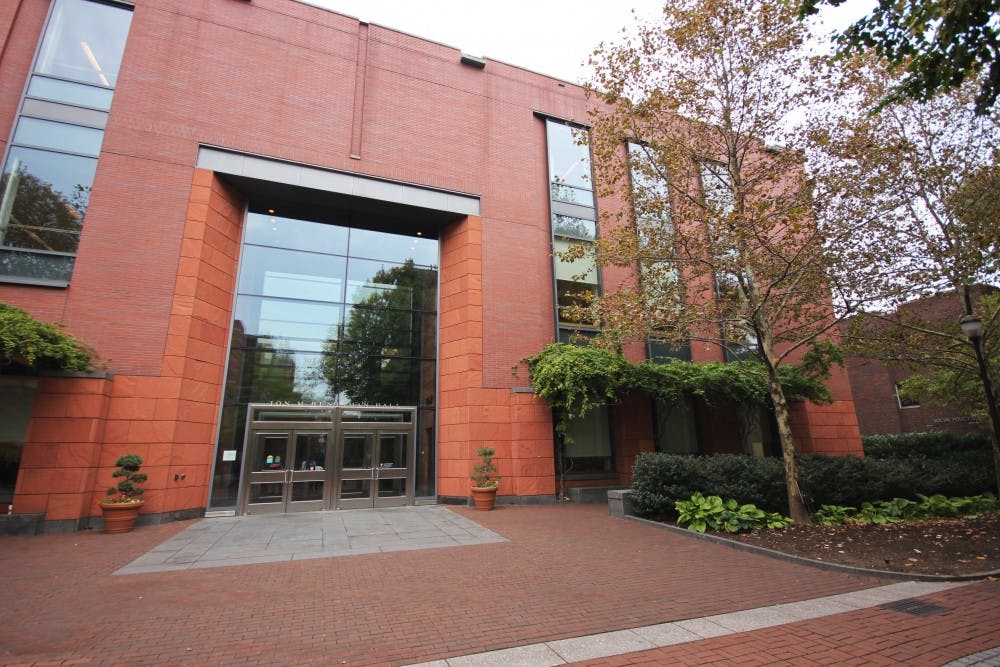
Administrators are leaving the goals of Wharton’s undergraduate curriculum review almost entirely up to the members of the review committee.
The offices of the Dean and Vice Dean are in the process of solidifying the makeup of the review committee , which will be announced later this semester. The process is expected to take at least a year to complete, according to Vice Dean Lori Rosenkopf.
The undergraduate curriculum was last reassessed from 2003 to 2004. Wharton Undergraduate Division’s Director of Academic Affairs and Advising Scott Romeika explained that this is a periodic process that happens for any curriculum at any college. As for Wharton’s curriculum, he believes changes will need to echo those that have been occurring in the business world.
“Business has changed a lot in the last 10, 20, 30 years, and I think we want to try to reflect that as best we can in the curriculum,” he said. “Where can we deliver things in a way that capitalizes on the talent here but also matches what we think the 21st century will demand of a business education?”
According to Romeika, the senior faculty members representing the various academic departments have committed to taking part in the curriculum examination and are expected to convene before the end of the semester, but nothing is yet set in stone. He added that there will be some student consultation and perhaps some student representation on the committee.
Wharton’s MBA curriculum recently underwent its own review, and changes to the MBA curriculum were implemented throughout 2011 and 2012. Rosenkopf indicated that the MBA review is a good benchmark for the direction of the undergraduate review.
Professor G. Richard Shell chaired the MBA review committee at the request of then-dean Thomas Robertson . Shell described a comprehensive process that included consulting with recruiters and alumni, considering the requirements of accreditation bodies and the Commonwealth of Pennsylvania, analyzing the curriculum trends at peer schools and reaching out to different arms within the University.
“It’s a very complex process when considering all the stakeholders and decision makers involved,” Shell said. “The final part of the review process is to present the suggestions to the entire Wharton faculty. In our case, the faculty voted to approve our recommendations.”
Interestingly, none of the changes that were presented to the faculty involved adjusting the makeup of the MBA syllabus.
“Our changes did not alter the content of the curriculum,” he said. “We left those decisions up to the individual departments. We focused on the curriculum requirements and expanding choices students could make to fulfill those requirements.”
Rosenkopf, who is in her second year at the helm of Wharton’s undergraduate division, is enthusiastic about the potential to further improve how her school educates its students.
“It’s a super exciting process that I expect will have impact ultimately on business education,” she said. “But who can know at this point what exactly it will turn out to be?”
Romeika thinks it is possible the curriculum will not see dramatic changes. “We’ve got a great base to start with,” he said. “It’s a luxury to have that as a foundation. That’s why we’re going into this with limited expectations.”
The Daily Pennsylvanian is an independent, student-run newspaper. Please consider making a donation to support the coverage that shapes the University. Your generosity ensures a future of strong journalism at Penn.
DonatePlease note All comments are eligible for publication in The Daily Pennsylvanian.




